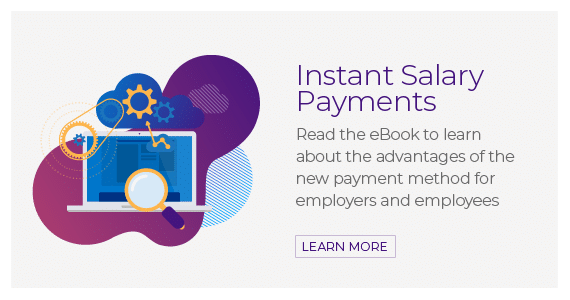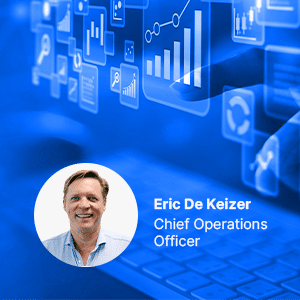Before the pandemic, attracting and retaining the most talented employees was a major challenge for even the most successful business. However, the changing mindsets and priorities of employees over the last couple of years have made it an even tougher job.
Two major influences are at play. The first is the ‘Great Resignation’, where millions of people all over the world have quit their jobs in search of one that will give them a better work-life balance. The second is the increasing realization among talented candidates that they currently hold all the cards: according to Gartner, nearly half of candidates that receive offers already have at least two more to consider.
High competition between employers, demanding candidates and retention difficulties all mean that businesses have to leave no stone unturned in standing out from the crowd and appealing to the best and brightest job seekers. This blog will give you five ideas for making your organization unique within your industry’s job market.
Five strategies that can give you the edge
Capturing the best talent around means understanding candidate motivations, appreciating industry trends, and changing the perks you can offer to employees in response:
Understand the job market
Some industries are affected much more than others when it comes to securing the services of talented employees.
Additionally, some employees will hold more sway in the job market depending on their level of experience: for example, candidates with a decade of experience looking at senior or mid-level roles will be much more sought-after than candidates for entry-level jobs.
Gaining an understanding of how these factors apply for your business, in particular, can help you put your hiring strategy in better context.
Know what employees value most
It wasn’t so long ago that the easiest and most obvious way to make candidates an offer they couldn’t refuse was to add a few thousand extra dollars, pounds or euros to the pay package.
But times change, and for an increasing number of workers, money is no longer the be-all and end-all. Employees – and especially millennials and Gen Z – expect better experiences and company culture, support for career progression, and a more personalized approach that meets their needs in and out of work.
Delivering in these areas through flexible working models and measures that reduce the risk of burnout is therefore very important.
Get your recruitment processes right
Aside from the job itself, many recruitment processes can be extremely off-putting to candidates who expect smooth, stress-free experiences. If prospective employees experience slow or non-existent communication, poor transparency in the selection process, and excessively long interview processes, they will be far more likely to abandon their applications.
This issue can be solved in a number of ways, including but not limited to job postings listed on online job platforms as well as company websites; the ability to apply and connect with employers through mobile devices; and seamless experiences across recruiting, hiring management, and onboarding.
Prepare to make counter-offers
To borrow a line from Winston Churchill, a candidate accepting an offer does not necessarily signal the end of the hiring process, merely “the end of the beginning”. That’s because top talent will likely have many offers to choose from, and will be more than happy to play them off against each other to get the deal that’s best for them, even if it’s an improved contract from their current employer.
That’s why it’s critical to have counter-offer options prepared in case of a bidding war, and for those offers to incorporate benefits and working arrangement flexibility on top of extra compensation.
Deliver meaningful benefits to employees
The benefits and the flexibility in the previous section should ideally form a core part of the overall recruitment strategy applied to all vacancies. Flexibility doesn’t just mean when and where employees work – it also extends to how they get paid, too. Innovations such as Earned Wage Access, where employees use an online platform to check and withdraw accrued wages whenever they want, can act as a major selling point to candidates.
This can give employees much-needed financial security, not only helping them deal with unexpected costs in their personal life, but also helping them avoid getting into short-term debt and reducing their stress levels.
In summary
All the ideas above make it clear that businesses not already working hard to appeal to top talent have plenty of work to do to stay competitive. Whether it’s delivering flexibility in working hours and locations, or enabling more supportive payroll through Earned Wage Access, those employers who can resonate with candidate expectations are those that will be best-placed for success.
CloudPay’s Earned Wage Access solution can help you put your employees in control of how and when they’re paid. Learn more about how it works in practice or ask a demo to our experts.



